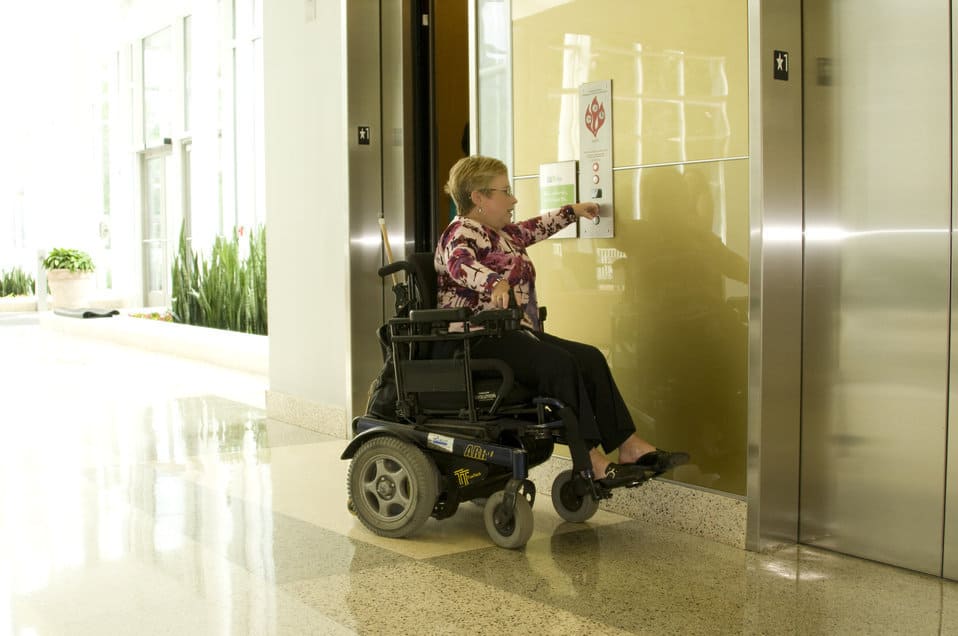
Paralysis Case in Georgia Results In $18 Million Reward
A Georgia court has awarded $18 million in a paralysis case related to medical malpractice. The award will go a long way toward covering medical expenses and ongoing care required by the patient, who is now…
A Georgia court has awarded $18 million in a paralysis case related to medical malpractice. The award will go a long way toward covering medical expenses and ongoing care required by the patient, who is now bound to a wheelchair. Unfortunately, no monetary amount can replace what is lost when medical malpractice occurs.
Read on to learn more about this medical malpractice case, as well as how medical malpractice can lead to paralysis. If you have questions, contact MedMalFirm.com to learn more about the specifics of your potential medical malpractice case.
Paralysis Related Medical Malpractice Case Information
In July 2014, the plaintiff went to Candler Hospital, where she was admitted for an “acute illness”. She was treated by an infectious disease specialist, but developed a severe infection of the central nervous system during her admission. The infection involved her thoracic spine, and she suffered severe pain and eventual paralysis in her legs.
In September 2014, she was discharged from the hospital with paralysis listed as one of the diagnoses. She then received rehabilitation and treatment in an outpatient setting, but she has never regained use of her legs and is now bound to a wheelchair.
In the lawsuit, the patient alleges that the infectious disease specialist and his employer were negligent – that they failed to diagnose and treat her infection in a timely manner. The result was serious and ongoing pain, paralysis, and permanent disability. The lawsuit further alleges that nursing staff did not exercise the degree of skill and care needed.
Attorneys for the defendants argued that the patient never expressed pain at the infection site, and that their treatment was within the standard of care. A Chatham County State Court jury ruled otherwise in March 2018 when they awarded the woman $18 million in damages. Because of the ongoing and permanent nature of her disability, the award will be extremely helpful in ensuring that the 58-year-old patient gets the continued care needed.
Nerve Damage, Paralysis, and Medical Malpractice
Nerve damage and paralysis can occur in the medical setting for a variety of reasons. In cases like the one discussed above, paralysis occurred as a result of a dangerous medical condition that was not diagnosed or treated properly. Many other cases occur during surgery, and are caused by:
- Laceration of a nerve
- Stretching of a nerve during treatment
- Pressure or compression of a nerve
- Drug injection injury
Any of these situations may be the result of negligence on the part of a healthcare provider. Medical mistakes are unsettlingly common, with healthcare providers deviating from the standards of care. When this happens, you – the patient – are left with the physical and financial repercussions of nerve damage or paralysis, which often are long-term or permanent.
Different Types of Paralysis
Injuries that impact sensation, function, or nerve damage are often described under the blanket term paralysis. The truth is, there are several different types of paralysis, with each presenting its own set of symptoms depending on the severity. The most common types of paralysis resulting from medical malpractice include:
- Monoplegia: Monoplegia is limited to one side of the body, and is often temporary. Causes of monoplegia include medical conditions like stroke or brain injury, but may also be caused by nerve damage.
- Hemiplegia: Hemiplegia occurs when the arm and leg on one side of the body loses function. Often associated with cerebral palsy, hemiplegia can change, and may decline or become worse over periods of time.
- Paraplegia: Paraplegia most often results from a spinal cord injury or infection. This injury involves the bottom half of the body, and may result in temporary or partial paralysis, or be permanent requiring confinement to a wheelchair.
- Quadriplegia: Quadriplegia refers to complete paralysis from the neck down. Spinal cord injuries are the most common cause of quadriplegia, but it can also be caused by brain injuries, stroke, or pressure placed on the spine.
Any of these forms of paralysis can be experienced by patients of all ages. Birth injuries, surgical errors, failed diagnosis, and improper medication administration are just a few of the scenarios that may impact patients.
Getting Help with Nerve Damage or Paralysis Injuries
The impact of nerve damage or paralysis is significant. Many patients experience months, years, or even a lifetime of ongoing medical care and therapy – and the resulting expenses. If you or someone you love has been diagnosed with nerve damage or paralysis caused by the negligence of a healthcare provider, contact MedMalFirm.com today.
At MedMalFirm.com, our attorneys are passionate about protecting the legal rights of patients who have been harmed by medical malpractice. We understand the physical, financial, and emotional nature of healthcare negligence, and we will take every step necessary to get you the compensation you deserve. To schedule your confidential, complimentary consultation, fill out our online form.
